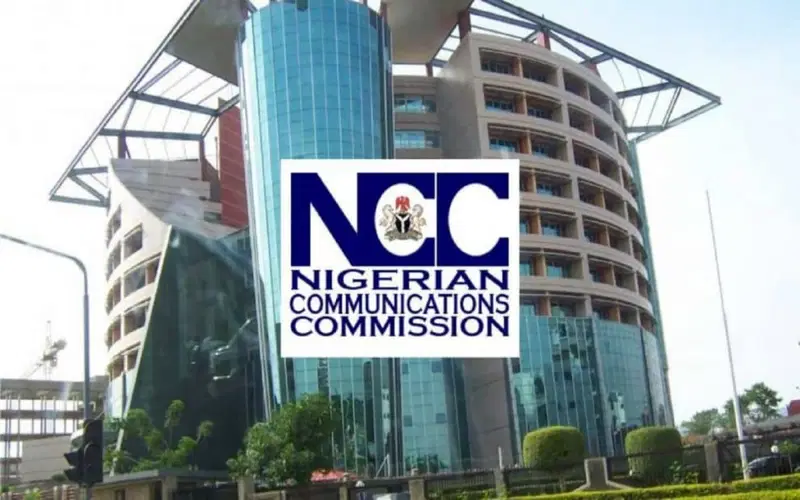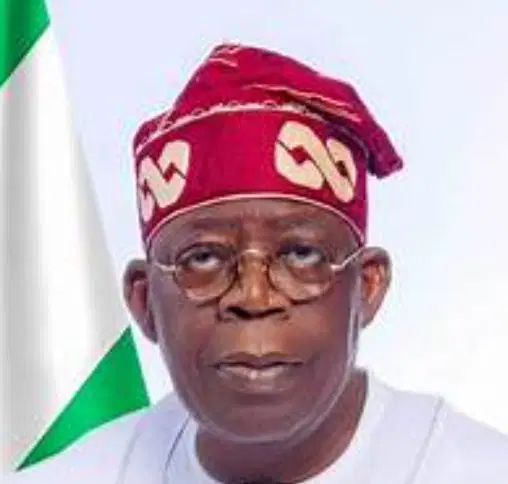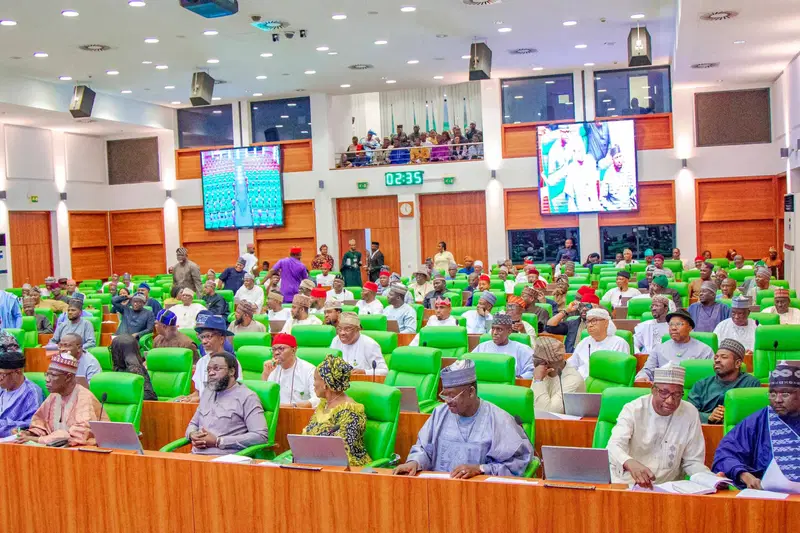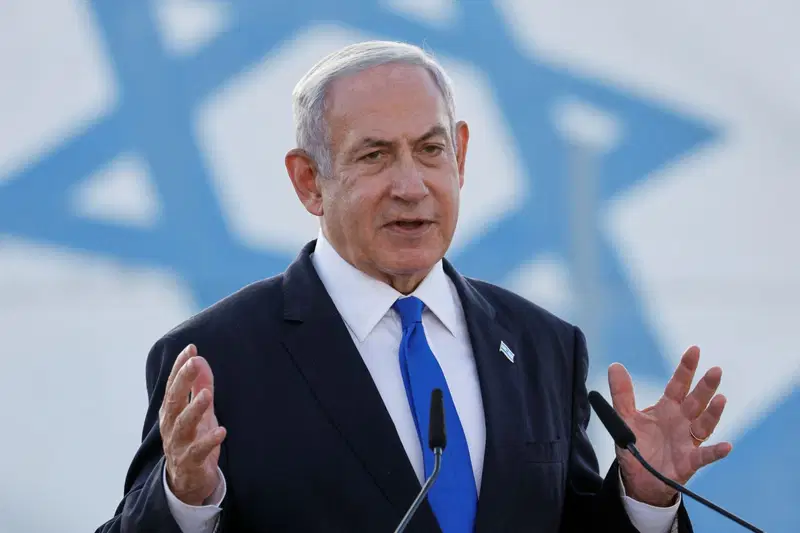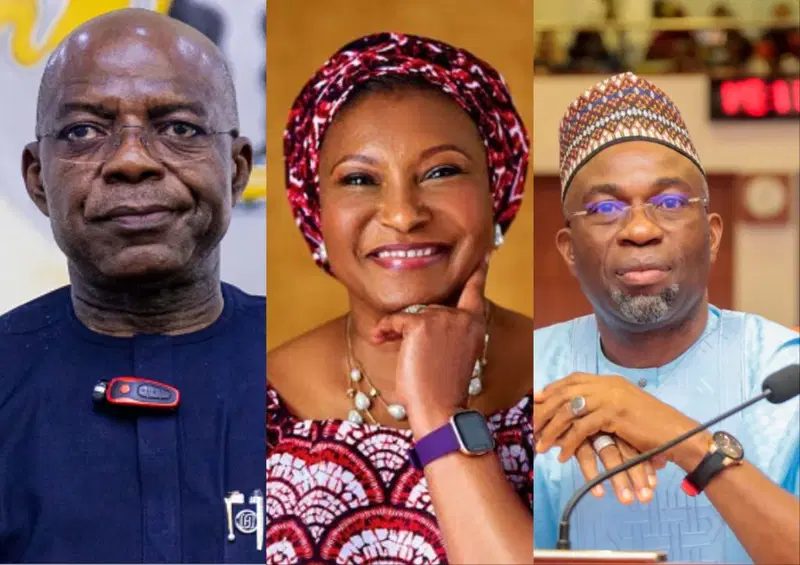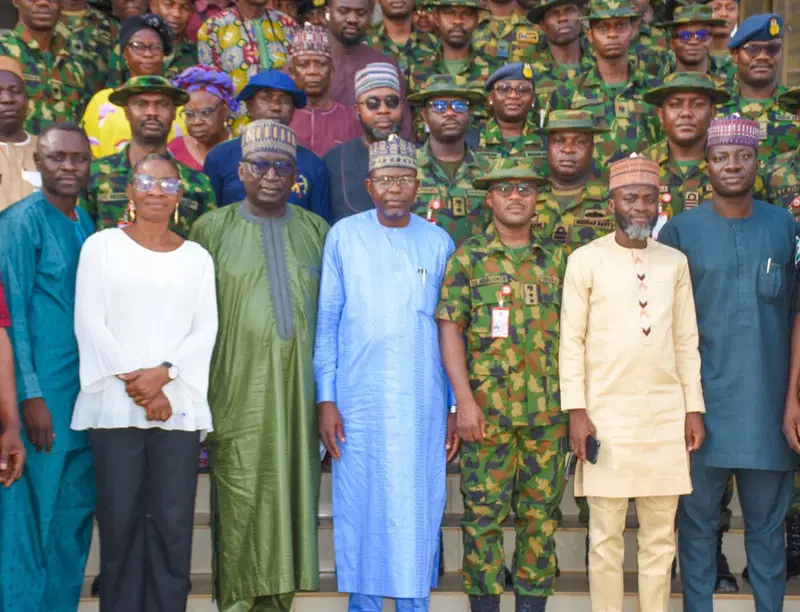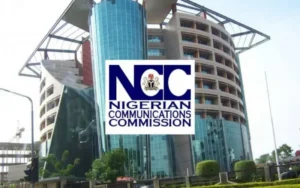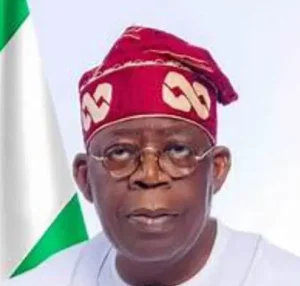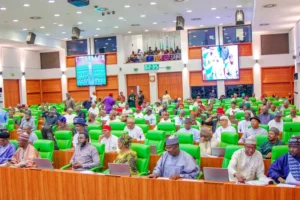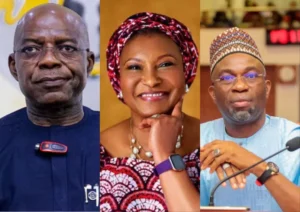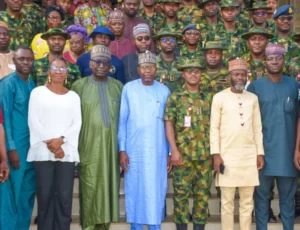As of today, November 13, 2024, the Nigerian naira has depreciated to an unprecedented level in the parallel market, where the US dollar is now exchanging for a staggering N1,740.
- This grim milestone underscores the escalating currency crisis plaguing Nigeria, as the naira continues its downward slide in the black market.
- The parallel market, often referred to as the “black market,” has become a necessary stop for accessing foreign currency.
- Bureau de Change (BDC) operators have been instrumental in setting the daily rates, providing a lifeline for individuals and businesses unable to access foreign currency through conventional banking channels.
- The disparity between the official rate set by the Central Bank of Nigeria (CBN) and the black market rate continues to widen, with the official rate at N1,668 per dollar.
- Today, the buying rate for the dollar in the black market stands at N1,730, while the selling rate has hit N1,740.
- Such volatility points to the pressures within Nigeria’s foreign exchange system, where demand far outpaces the limited supply, leaving the naira in a precarious state.
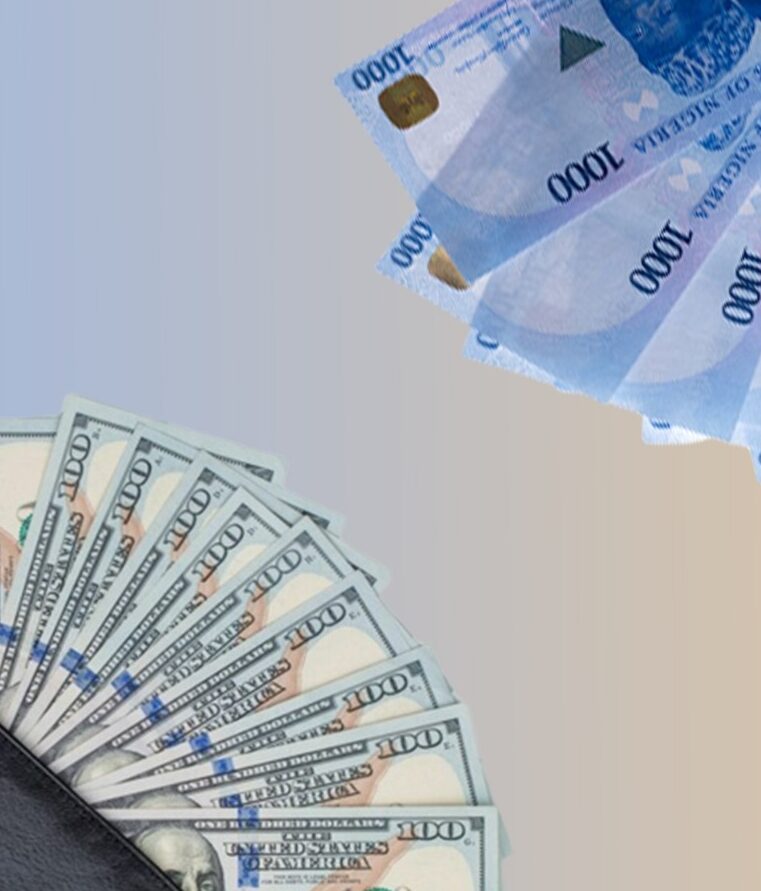
- Nigeria’s economic conditions continue to play a critical role in the erratic fluctuations of the dollar-naira exchange rate in the black market.
- Speculation within the parallel market, coupled with government policies on foreign exchange, drives up the demand and reinforces a cycle of depreciation for the naira, whose value now seems increasingly fragile.
- These economic challenges have only amplified in recent times, with Nigeria’s foreign exchange reserves dwindling to worrying levels.
- The shrinking reserves limit the CBN’s ability to support the naira effectively, causing Nigerians to turn increasingly to the parallel market for their foreign exchange needs.
- Contrasting the black market’s rates, the CBN’s official exchange rate appears more stable, but bureaucratic hurdles and limited accessibility compel most Nigerians to rely on BDC operators for foreign currency, despite the inflated rates.
- This significant gap between the CBN’s official rate and the parallel market rate suggests a currency market in turmoil.
- As Nigeria grapples with ongoing forex constraints, everyday consumers and business operators are forced to bear the brunt of skyrocketing exchange rates, straining their finances and reducing purchasing power.
- For many Nigerians, the black market remains the barometer of the naira’s real value, especially in times of economic instability.
- The rates from the parallel market often reflect the country’s true demand for dollars, providing a more accurate picture of Nigeria’s economic reality than the controlled official rates.Despite efforts to bridge the gap between official and black market exchange rates, the Central Bank of Nigeria has faced significant obstacles in stabilizing the naira.
- As the disparity widens, pressures mount on the CBN to devise effective policies that can restore investor confidence and curb the currency’s freefall.
- Economic experts warn that if the current trends persist, Nigeria’s foreign exchange crisis could deepen, with further consequences for inflation, investment, and economic stability.
- This situation calls for urgent policy interventions and a unified approach to address these pressing challenges.
- Sodiq Yusuf is a trained media practitioner and journalist with considerable years of experience in print, broadcast, and digital journalism.
- His interests cover a wide range of causes in politics, governance, sports, community development, and good governance.


